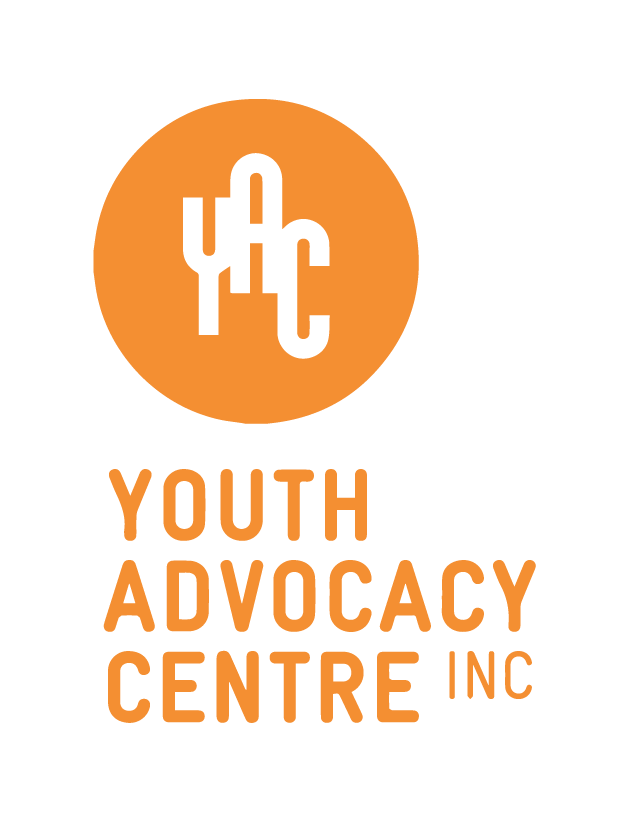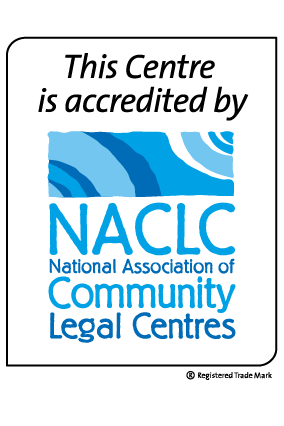Parties and Police - Things to Know
Important things to know about partying.
Alcohol
It is against the law for anyone to sell or give alcohol or cigarettes to anyone under 18. If you are under 18 and in your house then an adult can give you alcohol provided they are your parent or standing in for your parent. The adult must be responsible for you and make sure you are safe – they must not be drunk and must watch how much and how quickly you drink and whether you are eating while you are drinking. The adult can be charged if they are not supervising you properly and the police can take the alcohol.
If you put alcohol or a drug, or something you think is alcohol or a drug, in a person’s drink without their knowledge you could be charged with drink spiking.
It is against the law for anyone to be drunk in public and to drink in public. It is against the law to smoke in many places, including in a car if there is anyone under 16 in the car. If you are under 18 you cannot have alcohol, even an unopened bottle, in your possession in a public place. Police can take the alcohol from you and, if it is open, pour it out.
It is against the law to pretend to be 18 to buy alcohol or cigarettes, e.g. by using a false ID.
Drugs
It is against the law for anyone to be under the influence of drugs in public. It is against the law to possess any amount of illegal drugs no matter how small or if it is only for personal use. It is also illegal to possess things (utensils) that have been or are being used to take drugs, such as syringes, spoons and bongs. Possession includes having the drugs or things in your control e.g. in your car.
If there is a reasonable suspicion that things in your possession are connected to using drugs, then it is up to you to prove to the court that the things were not connected to drug use.
If you are having a party and someone brings drugs or utensils to the party then you can be charged with an offence even if you didn’t know the drugs were there. If you did not know the drugs or utensils were on your property it is up to you to prove that to the court If you are sharing drugs you can be charged with a serious offence – supplying dangerous drugs.
Noise
There is no set time for when you have to stop making noise at a party but if someone nearby feels the noise is too loud they can call the police. If the police think the noise is too loud they can come inside the house and direct you to stop the noise immediately. If the noise continues after the police leave and the police come back they can take away the thing causing the noise e.g. the iPod dock or amplifiers.
Once police are in the house they can take action if anything illegal is happening, for example if they are there about noise but someone is using drugs they can charge them.
Fights
Touching someone or hitting them with something without their consent is an assault, for example pouring a can of soft drink over someone. If someone is seriously injured or killed you can be charged with a very serious offence, even if you thought they wanted to fight you. If you are not actually in the fight but you are encouraging the fight you could be charged as well.
The penalties for assaulting certain people are much higher, for example spitting on or biting police is up to 14 years imprisonment.
You are entitled to defend yourself if you are attacked or to help someone else defend themselves so long as you only use enough force to reasonably defend yourself another person. If you badly injure the attacker it will be harder to show you used “reasonable” force.
Street Offences
There are lots of laws about how people must behave in public including walking along the street or driving in a car. Begging, swearing or fighting in public are offences as well as being a nuisance or behaving indecently. For example, urinating in public is an offence. As well as charging you, police can move you on from public places and stop you coming back for up to 24 hours if you are making anyone feel anxious or disrupting the orderly conduct of an event, even if you think you aren’t doing anything. It is an offence to disobey a lawful direction given to you by police. The police must give you their name, rank and station when ordering you to move on.
If you want to avoid drawing police attention to you in public you should remember these rules.
Searches
Police have powers which allow them to search you or your bags without a warrant, for example, if they reasonably suspect you have drugs, a weapon or stolen property on you. If police want to search you they have to “detain” you and tell you why. Before doing a search they should ask if you will agree. It is up to you whether you agree to the police doing a search, for example turning out your pockets for them, but if you do agree anything they find can be used as evidence in court. If you feel pressured into letting the police search then it is possible the court might say the search was unlawful. Asking you to take off outer clothing is not a strip search. Police cannot strip search you without a support person (parent or adult) being there unless it is an emergency. If you are strip searched you should be given privacy and be allowed to keep some clothes on eg put your top back on before removing your pants.
Sex and sexting
Having sex (including anal sex) under 16 is a serious offence. It doesn’t matter if you both want to have sex if you are both under 16. As well as sex it is also against the law to do sexual things to each other (like touching genitals). It is against the law for a parent, grandparent, brother or sister to have sex with you. This is called incest.
There are also laws against taking and sharing indecent photos or videos of people under 16, even if they agree. This can include sending images of yourself. Child pornography is text, images or sound showing a person under 16 in a sexual way that is likely to offend an adult. It includes images of the person’s breasts, bottom, penis or vagina; or
the person doing something sexual or near someone doing something sexual (such as having sex).
Dealing with Police
Police are not always in uniform. If a person in plain clothes says they are police, ask for their ID. If a uniformed police officer is not wearing a name badge ask them their name and what station they are from. Stay cool and calm if the police approach you and treat them with respect. They are there to protect everyone in the community, including you.
Remember being drunk or high is not a defence to breaking the law. Being drunk or high can badly affect your behaviour, especially how you treat other people.
Parties at houses
When at other people’s houses remember to take care of their property. If you take or damage their property without their permission, there may be legal consequences.
Browse other legal topics
This sheet is intended to provide general legal information about the law in Queensland. This information is not legal advice. If you have a particular legal problem you should contact a solicitor for legal advice. Below is a list of agencies that might be able to assist you, including legal agencies.
This sheet was last reviewed and updated in January 2024. The Youth Advocacy Centre does not accept responsibility for any action or outcome because of anyone relying on the information provided.
Who can help?
Duty Lawyer at Court
Youth Advocacy Centre (YAC)
www.yac.net.au
3356 1002
Hub Community Legal
www.hubcommunity.org.au
3372 7677
Logan Youth & Family Legal Service
www.yfs.org.au
3826 1500
Legal Aid Queensland
www.legalaid.qld.gov.au
1300 651 188
Youth Legal Advice Hotline (Monday – Thursday 8am – 9pm; Friday 8am – Sunday 5pm)
1800 527 527
Aboriginal & Torres Strait Islander Legal Service (24hrs 7 days a week)
www.atsils.org.au
3025 3888 or (free call) 1800 012 255
Translating & Interpreting Services (24hrs)
131 450
Community Legal Centres (CLCs) see www.naclc.org.au for your nearest CLC
Follow Us
Follow us on social media for information on laws, youth rights, and news.
Contact YAC
Street address: Level 4, 16 Peel Street, South Brisbane Q 4101
Mailing address: Level 4, 16 Peel Street, South Brisbane Q 4101
Tel: (07) 3356 1002
Bussiness hours: 9am - 5pm, Mon - Fri

If you need urgent assistance outside of these hours:
- Youth Legal Advice Hotline 1800 527 527 (Mon to Thurs 8am - 9pm, Friday 8am to Sunday 5pm)
- Kids Helpline 1800 551 800 (24/7, 365 days per year)
- Lifeline 13 11 14 (24/7, 365 days per year)
- Homelessness Hotline 1800 474 753 (24/7, 365 days per year)
- If you are over 18, and seeking access to Mental Health Services in Queensland, Acute Care Team on 1300 MHCALL (1300 64 2255).


